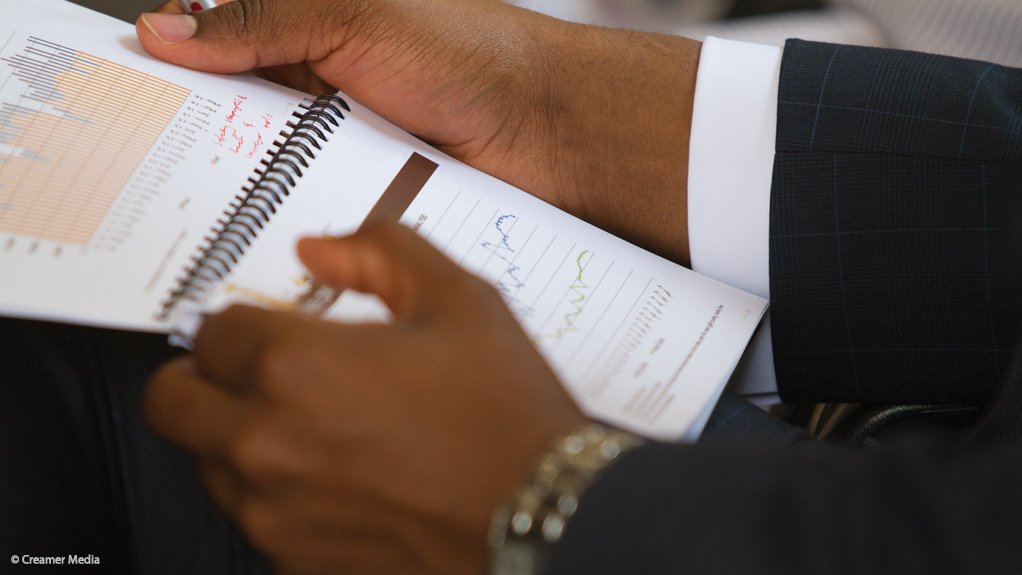Business confidence in South Africa ticked up in July compared with June, but remained sharply lower from a year ago as the economy felt the continued pressure from the Covid-19 pandemic, a survey showed on Wednesday.
The South African Chamber of Commerce and Industry's (SACCI) business confidence index (BCI) recovered further to 82.8 in July from 81.4 in June, after slumping to 70.1 in May, but was still 9.2 index points below the level of 92.0 reached in July 2019.
"The South African business climate is still (vulnerable) to the Covid-19 pandemic and the lockdown process that is in place since the end of March," SACCI said.
The chamber noted that the lockdown, which President Cyril Ramaphosa's government imposed to try and slow down transmissions of the virus and avoid overwhelming the health system, had worsened an economy already underperforming due to numerous structural deficiencies.
"It is therefore essential that the South African government should be sensitive to the effects of the lockdown process and its deleterious effect on the business environment. The balance should rather lean towards opening up activity than following a rigid approach that adds little to mitigating the pandemic," SACCI added.
On a month-on-month basis the most negative effects on the sub-indices of the BCI were caused by lower manufacturing output, less merchandise import volumes, less new vehicles sold, decreased real retail sales and disrupted construction activity.
Compared to July 2019, the annual impact of all the real economic sub-indices of the index were negative while the financial sub-indices had a mixed impact on business confidence. Less merchandise import volumes – reflecting the depressed domestic economy, lower manufacturing output, and a weaker rand currency were notable and had the worst negative impact on confidence compared to a year ago.
SACCI said allegations of corruption around Covid-19 related procurements and the apparent irregular awarding of contracts to “sudden” businesses owned by friends and relatives of influential, ruling party and top government officials was serious cause for concern.
"This is damaging South Africa's recovery effort and brings into question the new administration’s intent to stamp out corruption," it said.
It noted that in announcing the Covid-19 relief measures, Ramaphosa -- who in February 2018 replaced former president Jacob Zuma whose near-decade tenure had been shadowed by allegations of corruption -- had stated that measures would be put in place to ensure public finances were not irregularly spent.
"This promise has not been fulfilled and raises the issue of credibility. Questions must be asked on whether the state has both the will and capability to root out and stop corruption," the business chamber said.
EMAIL THIS ARTICLE SAVE THIS ARTICLE
To subscribe email subscriptions@creamermedia.co.za or click here
To advertise email advertising@creamermedia.co.za or click here











